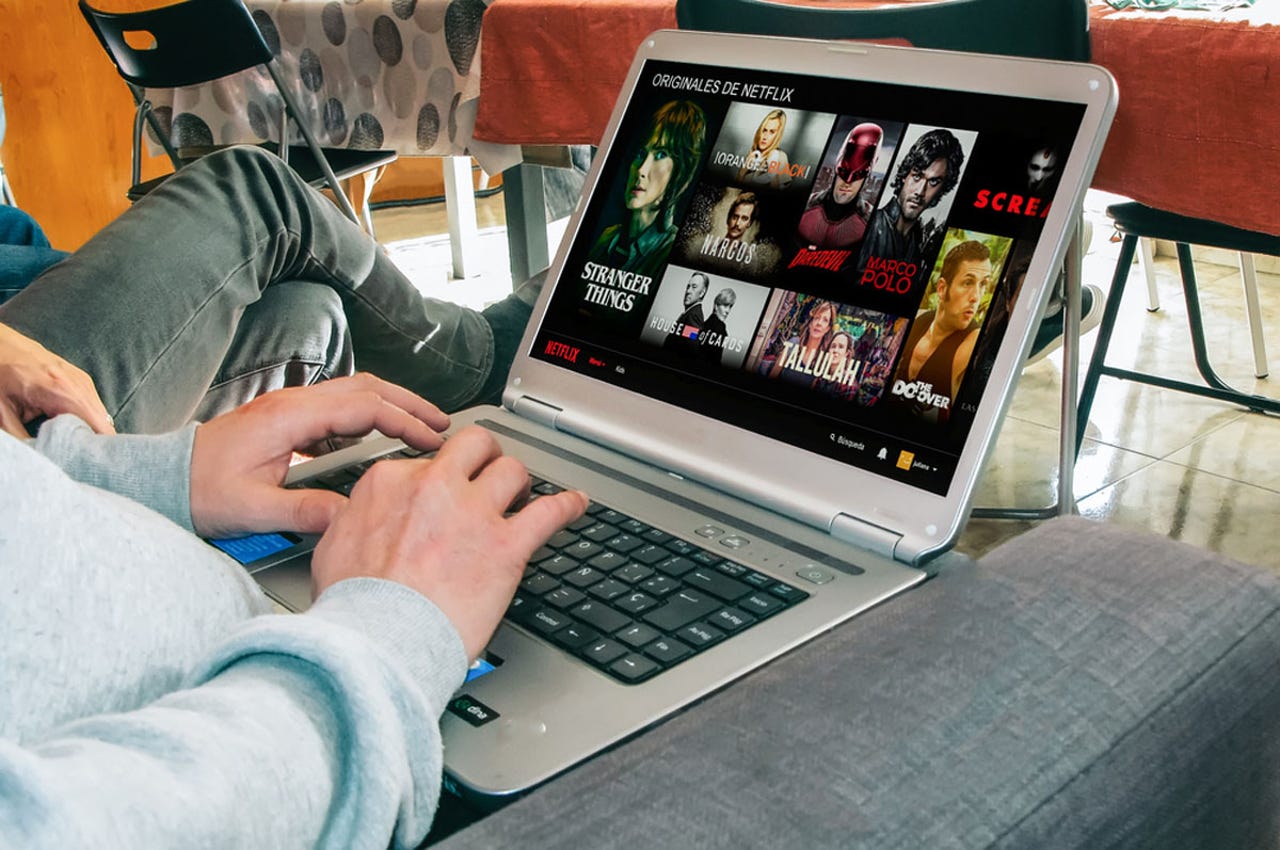Can YouTube TV, Sling TV, and Sony PlayStation Vue survive the death of net neutrality?

The good news for cord-cutters is that last week YouTube TV softly launched in New York, Los Angeles, San Francisco, and Chicago. So, another success story for cord-cutters, as pricey cable companies are given more competition, right? Right? Think again.

Enjoy affordable internet video while you can. With the end of net neutrality, its days are numbered.
Sure, YouTube TV, Sling TV, Sony PlayStation Vue, and FubuTV are all gaining viewers. In 2016, SNL Kagen reported that US cable subscribers dropped by 1.7 million. MoffenNathanson analyst Craig Moffett proclaimed the loss of subscriptions as "the fastest rate of decline on record."
Smartphones
Kagan analyst Tony Lenoir added the subscription data for the end of 2016 "should settle the debate" about whether pay TV providers should be concerned about cord-cutters. In 2017, one in eight cable customers are getting broadband internet but no television.
The cable companies aren't happy. Yes, selling broadband and "skinny" internet TV bundles such as AT&T's DirecTV Now is profitable, but it's not as profitable as the traditional cable TV business.
What's a cable company to do? Look to Trump's net neutrality hostile Federal Communications Commission (FCC) for help. One of Republican FCC chairman Ajit Pai's first moves was to give AT&T an unfair advantage in the streaming TV market with DirecTV Now by allowing AT&T Mobile customers free streaming.
Now, you may think, "That's a great deal!" Sure, unless you want to watch Sling TV or one of the other services. Then, it's a major pain-in-the-rump. Or, if you get your broadband from Verizon or Sprint, in which case there's no advantage to subscribing to DirecTV Now.
The bigger problem behind ISPs' "zero-rating" is it's profoundly anti-competitive. Google can afford to start a new video service, but in a world without net neutrality, no one else can.
The entire point of net neutrality was to provide an even playing field for both ISPs and user. You can visit Facebook, share a photo on Instagram, or watch Netflix and not worry about broadband pricing. It was, from an internet user's viewpoint, one price for everything.
In a world without net neutrality, your ISP may offer one video service for free while charging for Netflix, which eventually means you pay more. Oh wait, Comcast, among others, already tried that trick in 2014. In 2017, the ISPs will get away with it.
This is capitalism 101. In the short term, it makes sense for AT&T to have its own internet TV network. It will be the same for the other ISPs. In the long run, they'll all end up facing ticked off customers, but when do companies look beyond the next quarter these days?
Soon, you'll have little choice but to subscribe to the internet TV package your ISP offers. Not only will it be the only thing you can afford, but your ISP may refuse to allow you to watch another. Take, for example, Charter Spectrum. At the moment, Charter is fighting with Fox. The upshot is Fox doesn't want to pay more for its TV channels to be carried on Charter's TV cable offerings. What's to stop this from happening on the post-net-neutrality internet? Nothing.
Another pair of problems is that if your ISP is also controlling your internet TV-viewing habits, it also must closely track your viewing habits. And you thought you had trouble because your smart TV was spying on you!
What will the ISP do with knowing that you like watching the Adult Video News awards on Showtime? Thanks to Trump's FCC and a Republican-dominated Congress, it'll sell that data to advertisers, of course.
As Sen. Ed Markey (D-Mass.) said in a statement: "Senate Republicans have just made it easier for American's sensitive information about their health, finances and families to be used, shared, and sold to the highest bidder without their permission."
Of course, the ISPs promise they won't sell your data, but that's nonsense. No, they won't sell your video-watching habits with your name attached to it, but they will sell the raw data, and then the network and Big Data experts will work it out from there.
In the end, what I see happening is the promise of cord-cutting will be replaced by the reality of the old cable TV model carried over the internet. I doubt very much that the new video services will survive in this market.
Worse still, we may see the open internet replaced by closed fiefdoms similar to the online services of the 80s and 90s such as AOL, CompuServe, and Prodigy. With the end of net neutrality, bad times are coming for all internet users.
Related Stories:
- Attention, cord-cutters: Here are the best internet video streaming services
- Five best internet media streaming devices
- Trump's FCC begins net neutrality attack
- Trump appoints Pai to head FCC and beat-down net neutrality
VIDEO: Follow these steps if you don't want your smart TV spying on you